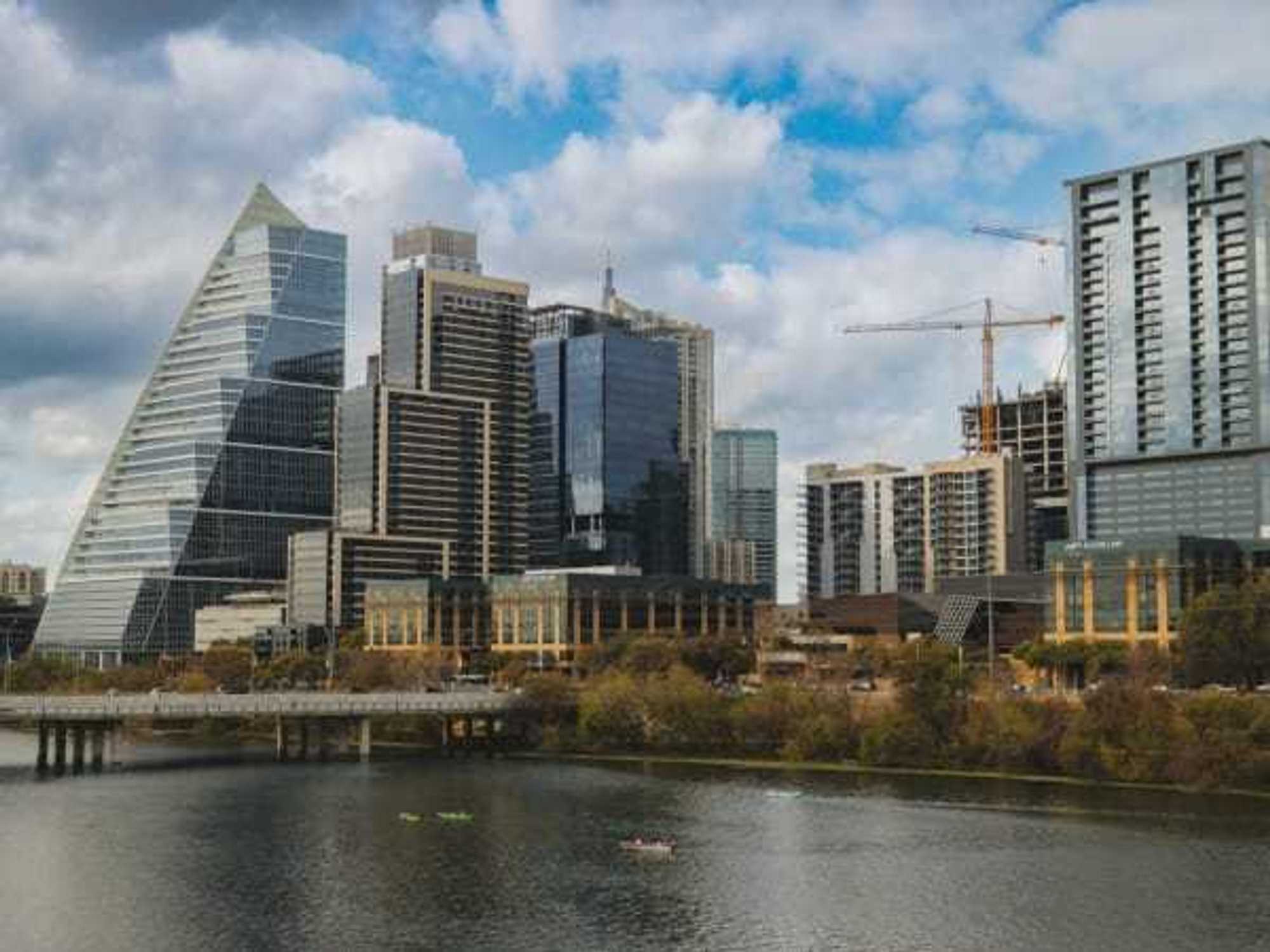Tectonic tech move
Oracle's move to Austin may spur further California influx and higher home prices

On December 11, Oracle, the world's largest data base company, announced it was moving its headquarters from Silicon Valley to Austin. The announcement, coupled with major expansions underway by Apple, Facebook, Tesla, and others, is a feather in the cap of local business boosters. But it also has ruffled feathers among local residents who fret about the seemingly unending rise in housing prices.
Whether you’re a champion or a critic of the Oracle relocation, the ongoing influx of companies and executives from California shows no signs of letting up. In fact, some observers speculate that Facebook could follow Oracle in shifting its headquarters from the high-cost San Francisco Bay Area to lower-cost Austin. On December 4, the Austin Business Journal reported that Facebook is hunting for 1 million square feet of offices in addition to the space it already leases here.
Furthermore, some folks expect the recent relocation of Tesla’s CEO, billionaire Elon Musk, to Texas will help trigger moves here by other A-list executives. Tesla is building a $1.1 billion auto manufacturing plant east of the Austin-Bergstrom International Airport.
Other recent high-profile arrivals from the Golden State include Drew Houston, co-founder and CEO of software company Dropbox; Douglas Merritt, president and CEO of software company Splunk; Joe Lonsdale, co-founder of software company Palantir and founding partner of venture capital firm 8VC; and podcaster Joe Rogan.
Vaike O’Grady, Austin regional director of housing data provider Zonda, says the Oracle move adds fuel to the fire of the Capital City's already sizzling home market. In October, the median home price in the metro area soared to a record-high $365,000 as the number of home sales shot up by nearly 30 percent compared with the same time in 2019, according to the Austin Board of Realtors.
While it’s unclear how many more Oracle employees actually will work from the software company’s campus in Southeast Austin, any population growth will put more pressure on the local housing supply, according to O’Grady. And that pressure will, in turn, push up home prices, she says. Bidding wars already are taking place for homes priced below $300,000.
Demand also is growing for high-end homes in the Austin-Round Rock metro area.
Darin Walker, a local real estate agent who specializes in luxury homes, says that in the past three months, he’s been contacted by about a dozen California-based executives who are pulling up stakes and settling down in Austin. All of them were searching for homes in the range of $3 million to $15 million. Walker says Central Texas colleagues who cater to the high-end market are seeing a similar spurt of activity.
“It’s just been one announcement after the other from big tech companies, entrepreneurs, and celebrities pouring out of California to relocate to Austin,” says Walker, a member of the West Lake Hills City Council.
John Boyd, a corporate relocation consultant in New Jersey, says Texas in general and Austin in particular maintain a sterling reputation as a magnet for talent, innovation, and wealth.
“I expect we will be seeing more and more celebrity CEOs, media figures, pro athletes, and famous entertainers relocate to low-tax Texas in the months ahead,” Boyd says.
In addition to rising living costs, a primary reason for the “Texit” from California to Texas: The Golden State imposes an income tax as high as 13.3 percent, while the Lone Star State imposes no income tax.
Against that backdrop, experts predict the California-to-Texas cavalcade of businesses and people will ramp up in 2021.
“Companies want to go where they are appreciated,” Boyd says. “It was not long ago that a California legislator told Elon Musk — who runs one of the largest employers in California — to go ‘f’ himself. You can rest assured that his welcome in Texas will be a much more gracious one.”
Indeed, Texas Gov. Greg Abbott and Austin economic development officials are among those rolling out the welcome mat. Abbott calls the flight from California to Texas “an absolute tidal wave.” The governor says he’s recently been in contact on a weekly basis with CEOs from across the country about relocating to Texas.
“For Austin to be getting this many big companies making decisions about moving [to] and headquartering in Austin sends a very clear signal that we’re on the move,” Laura Huffman, president and CEO of the Austin Chamber Commerce, said during a December 11 press conference arranged in response to the Oracle announcement. “People have been keeping an eye on Austin all year long because people expected Austin to emerge from the pandemic sooner [than many other cities]. We’ve demonstrated that kind of resilience during other downturns.”
Huffman acknowledged the challenges of coping with growth in the Austin area but pointed to progress on that front, such as voter approval in November of $7.1 billion initiative that features a new rail system and other transportation improvements.
“It’s in all of our best interests to make sure that we maintain a really high quality of life,” Huffman told journalists.
Paul O’Brien, CEO of Austin-based MediaTech Ventures, moved from Northern California to the Capital City in 2010. He says Oracle’s relocation will bolster the city’s evolution as a business hub that’s far more appealing than the San Francisco Bay Area.
O’Brien says that “Austin isn’t the next Silicon Valley or even a second Silicon Valley. Austin is what it’s all about.”
Local commercial real estate investor Ari Rastegar offers a similar take. He says the valid prospect of other companies joining the likes of Apple, Facebook, and Tesla will help cement the city's status as the country’s “new tech hub.”
“Oracle calling Austin home further proves how real the Silicon Valley exodus is. These major tech companies are investing long term in Austin, meaning we can expect sustained and continued growth as Austin continues to grow on to the world stage,” Rastegar says.

